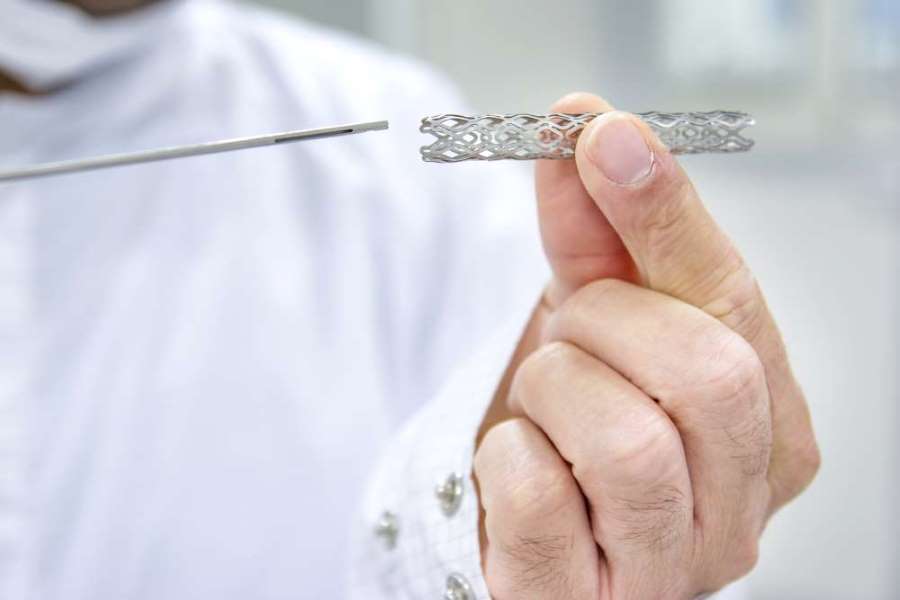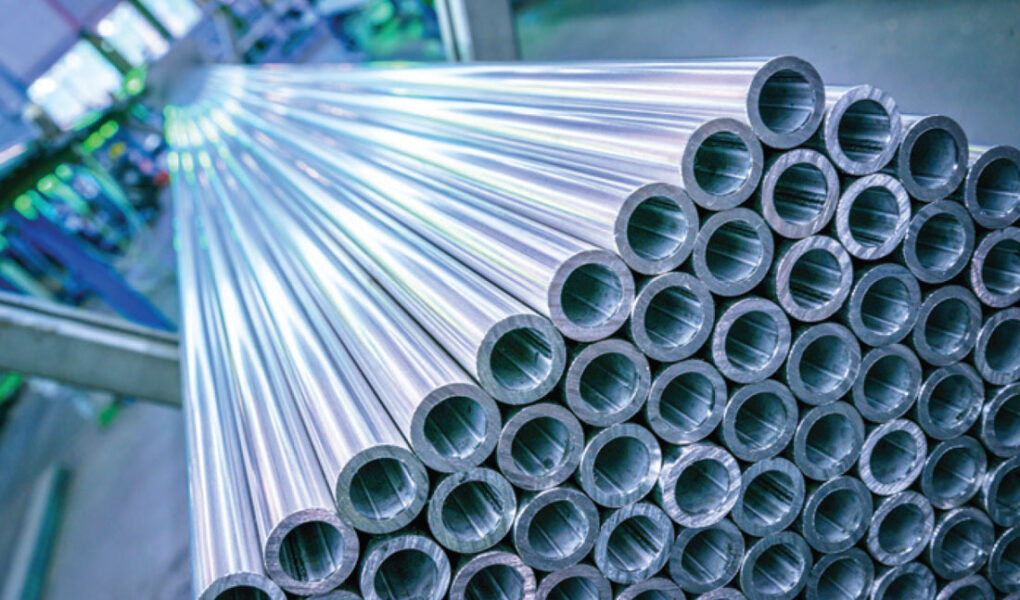Alloy steel is a versatile and crucial material in the field of engineering, offering a wide range of applications due to its unique combination of properties. From aerospace components to automotive parts, alloy steel plays a key role in enhancing the performance and durability of various products.
This article explores the diverse applications of alloy steel in different industries, highlighting its importance and impact on cutting-edge engineering innovations.
Structural Applications of Alloy Steel

The use of alloy steel in structural applications is widespread due to its high strength, durability, and resistance to corrosion. Alloy steel is commonly used in the construction of buildings, bridges, and infrastructure due to its ability to withstand heavy loads and harsh environmental conditions.
Its versatility allows for the creation of various shapes and sizes, making it suitable for a wide range of applications. Additionally, alloy steel can be easily welded and machined, further enhancing its usefulness in structural engineering projects.
Whether it’s for reinforcing beams in skyscrapers or constructing pipelines underground, alloy steel continues to be a reliable and cost-effective choice for structural applications.
Automotive and Transportation Applications

Alloy steel has found a multitude of applications in the automotive and transportation industry, thanks to its exceptional strength, durability, and resistance to corrosion. From engine components to chassis parts, alloy steel is used in various critical areas of vehicles to ensure optimal performance and safety.
Its high tensile strength and fatigue resistance make it an ideal material for constructing lightweight yet sturdy parts, contributing to fuel efficiency and overall vehicle longevity. Additionally, the ability of alloy steel to withstand high temperatures and harsh environmental conditions makes it a popular choice for making exhaust systems, transmission gears, and suspension components.
The versatility and reliability of alloy steel have made it an indispensable material in modern automotive engineering, driving continuous innovation and advancements in vehicle technology.
Aerospace and Defense Uses of Alloy Steel

Alloy steel plays a fundamental role in the aerospace and defense industries due to its exceptional strength, hardness, and resistance to corrosion. In aerospace, alloy steel is used to manufacture critical components such as landing gear, engine parts, and structural elements of aircraft.
The high tensile strength of alloy steel makes it ideal for withstanding the extreme conditions and stresses experienced during flight. In the defense sector, alloy steel is utilized in the production of tanks, missiles, and armored vehicles, where durability and protection are paramount.
The versatility of alloy steel allows for the creation of innovative designs and solutions to meet the demanding requirements of aerospace and defense applications, showcasing the diverse and essential uses of this material in these industries.
Energy Industry Innovations

In the rapidly evolving energy industry, innovation is key to meeting the growing demand for sustainable and efficient solutions. Alloy steel, with its superior strength and durability, has been a driving force behind many groundbreaking developments in the sector.
From advancements in renewable energy technologies such as wind turbines and solar panels to improvements in traditional power generation methods like natural gas and nuclear plants, alloy steel has played a vital role in enhancing performance and longevity. Engineers and researchers continue to push the boundaries of what is possible, exploring new applications and techniques to further revolutionize the energy landscape.
The future of the industry looks bright with alloy steel leading the way in innovation.
Medical and Healthcare Applications

The applications of alloy steel in the medical and healthcare fields are vast and diverse. From surgical instruments to medical devices, alloy steel plays a crucial role in ensuring the safety and efficacy of healthcare practices.
Its high strength, durability, and corrosion resistance make it an ideal material for implantable medical devices such as orthopedic implants and pacemakers. Additionally, alloy steel is widely used in the manufacturing of medical tools and equipment due to its ability to withstand sterilization processes and maintain its properties over time.
Its versatility and reliability make alloy steel a key component in advancing medical technologies and improving patient outcomes.
Conclusion
In conclusion, the versatile properties of alloy steel have opened up a wide range of applications across various industries, from construction and manufacturing to automotive and aerospace. The consistent advancements in engineering have demonstrated the adaptability of alloy steel in addressing diverse challenges and requirements, making it a reliable and durable material choice.
As technology continues to evolve, the potential for further innovations and utilization of alloy steel is vast, promising continued excellence and progress in the field of engineering.




